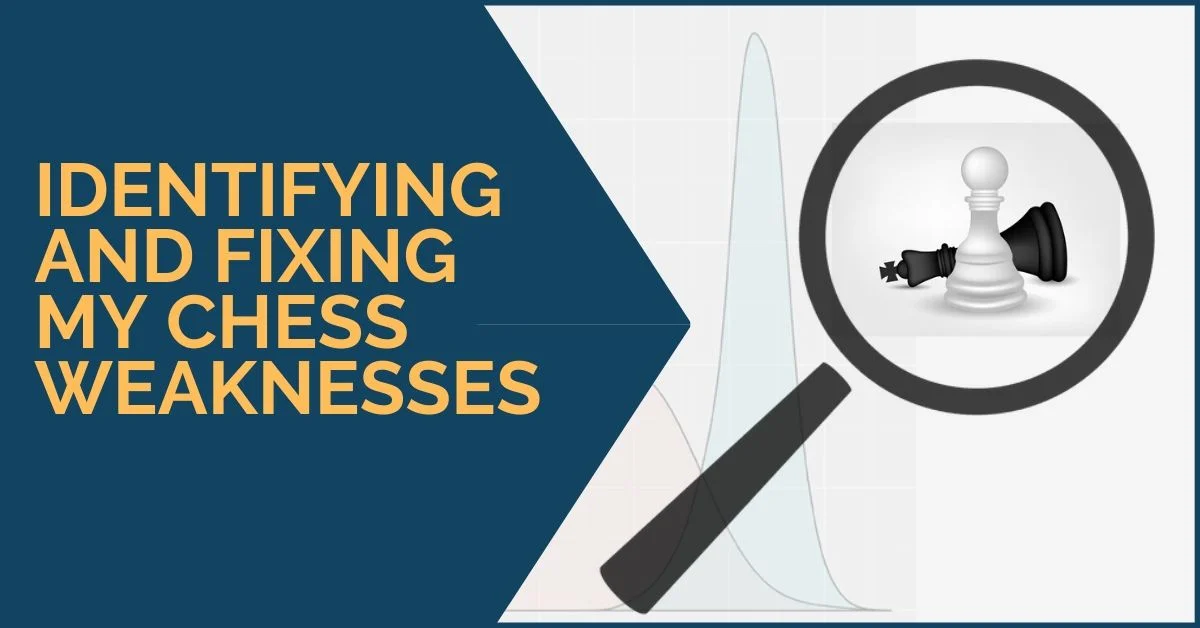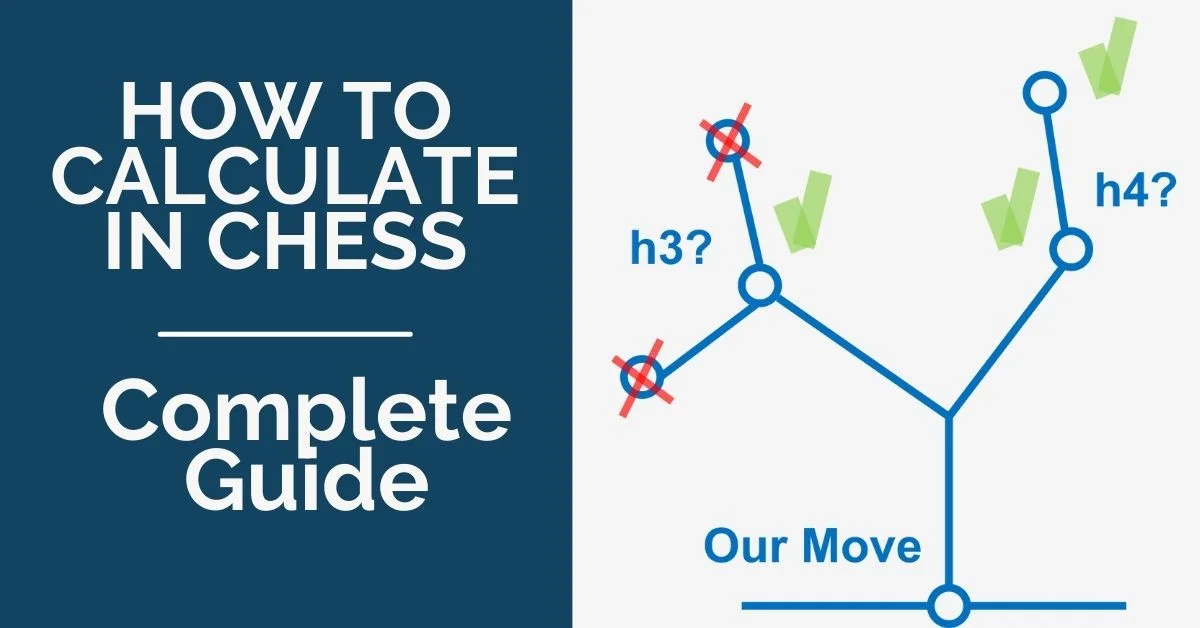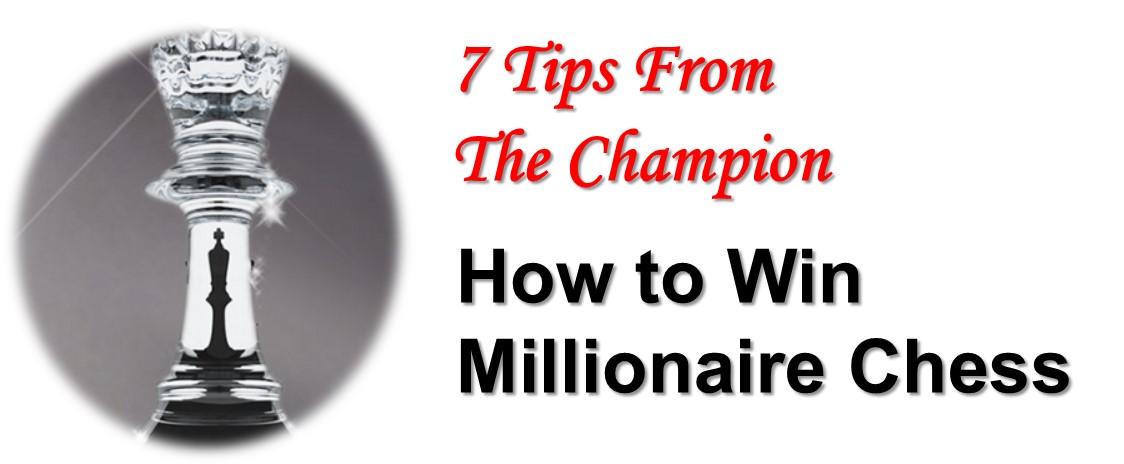Identifying and Fixing My Chess Weaknesses

Sometimes we win, sometimes we learn, us chess players like to say a lot. It can make us feel better after a loss, but this should be more than just a saying to improve our post-game mood. We should, in fact, be always learning, whether we win, lose or draw. Many players think that they can learn something only from their losses, others only like to show their wins to their trainers. Truth is, all games are equally important. There is no perfect game and play can almost always be improved at some point. The best way to learn is from our own mistakes and this is why analyzing your own games is so important. But in order for this step to be truly helpful you need to:
1. Be objective
Put your pride aside. Even the strongest players make mistakes, it’s only the ones who recognize this and constantly try to get better who succeed in improving their level. Most of the time, the feelings we had during a game stop us from being objective with our own moves.
For example, I thought my opponent will start an attack and I felt under pressure/panicked, so I played this.
- You have to learn to keep your feelings away from the board and think objectively – was the attack really so imminent?
- Was the attack founded?
- Weren’t you able to stop it or benefit from the weaknesses left behind?
These are the moments where a pair of fresh eyes, e.g. a trainer, can help a lot. You get outside non-involved, objective opinion.
Fix: Try to always assess the position based on what’s happening on the board. Whenever your mind goes ahead and says “my opponent will play this and I’m worse/ I’m going to get attacked, etc” without further calculation, stop and ask yourself if that’s really the case.
You may be only seeing ghosts.
2. Recall your train of thought during the game.
Nobody can know better than you how you felt and what you thought during the game. A coach can guess from the way you played, but it is important that you identify the moments where you had most problems in finding a move during the game. Most mistakes are connected to the failure of finding the right plan and not knowing what to do in a new position.
Fix: Look for similar positions, with similar structures and learn how Grandmasters approach them. This will help learn one type of position, but in order to eliminate this mistake completely, solving random, positional exercises can help a lot. You learn how to think and how to come up with a plan in critical moments.
3. Look at the game without an engine first
Annotate the lines you’ve calculated, mark the critical moments of the game and the ideas you’ve thought about during the game and only then turn the engine on. This step is important because it helps you understand whether your calculation is good or it needs to be worked on and, most importantly, what exactly is failing in your calculation.
Fix: The answer to this varies depending on where the problem lies exactly. If you notice you’ve missed simple tactics, then this is probably something you need to focus on for a while and it can be easily done by solving puzzles. If you’ve missed possible moves for yourself or your opponent during the calculation process, then you probably have to improve your candidate moves selection.
If it is in-between moves, then work on your automatic decisions and fight the impulse of making automatic moves and the list can go on.
These are only a few suggestions, but analyzing your own games is the best way to understand what mistakes you make and, most importantly, why you make them. You have to look at your games from both a chess and a psychological perspective and try to improve both.










Comments: